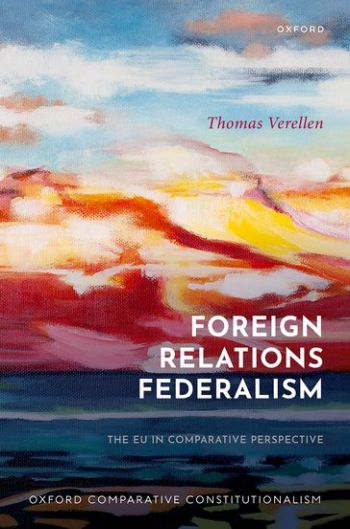
How are foreign relations constitutionally structured in federal unions? How does the foreign affairs constitution of the European Union - itself a federal union in all but name - compare to that of other federal unions? Foreign Relations Federalism: The EU in Comparative Perspective addresses these questions. It offers a comparative analysis of the constitutional framework in which foreign relations are conducted in four federal unions: the United States, Canada, Belgium, and the European Union.
The EU takes up a special position in the book. Over a decade since the Treaty of Lisbon entered into force, the EU's foreign affairs constitution continues to evolve. New institutional practices emerge and cases continue to be brought before the Court of Justice of the European Union. The pace of constitutional change is fast, and there is a sustained need for critical and constructive legal analysis of that change. By comparing the constitutional experience of the EU to that of other federal unions, Foreign Relations Federalism contributes to fulfilling this need. It is a must-read for anyone interested in the EU's constitutional development, the role of the EU in foreign affairs, and the constitutional treatment of foreign relations in federal unions other than the EU.